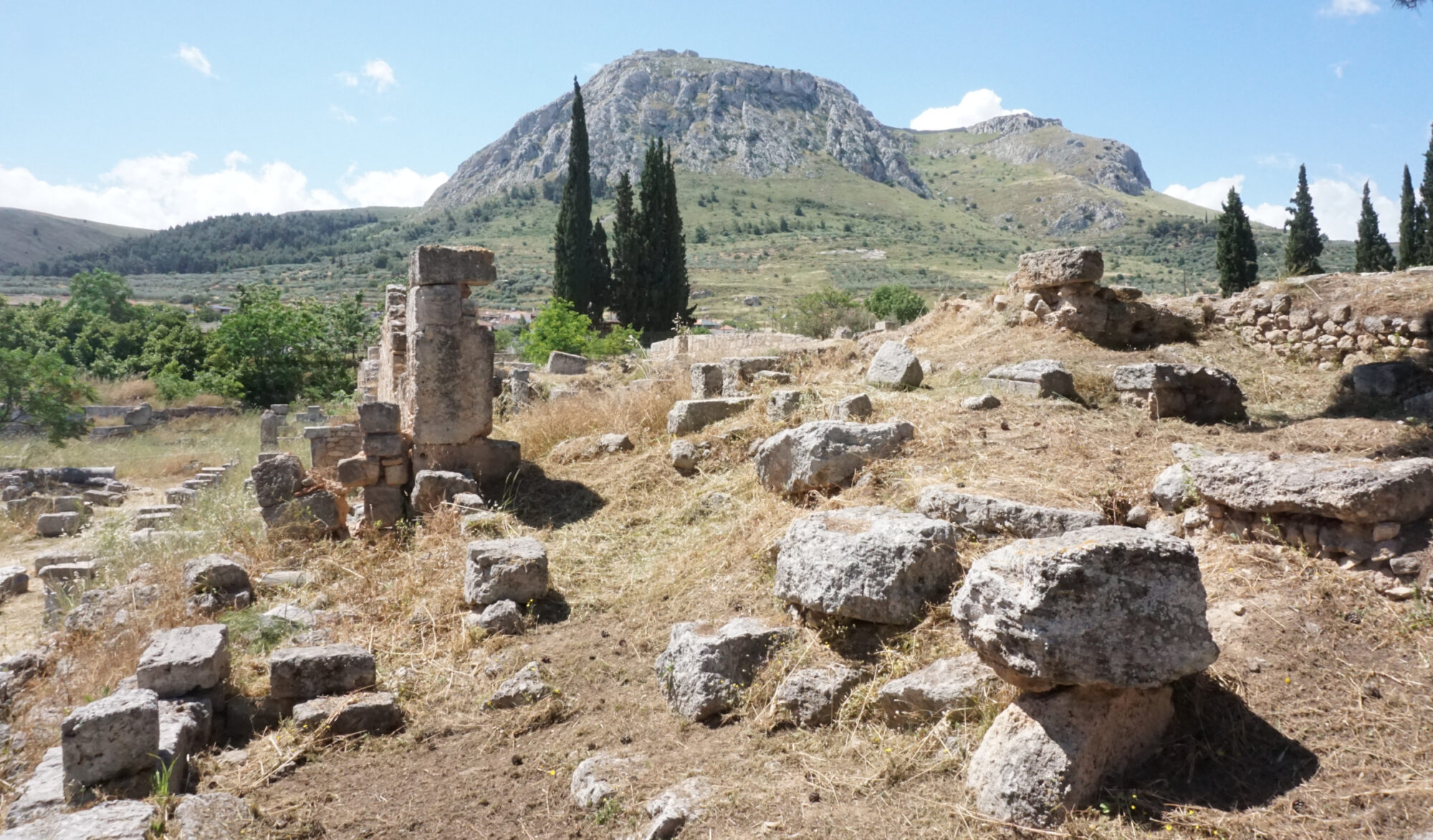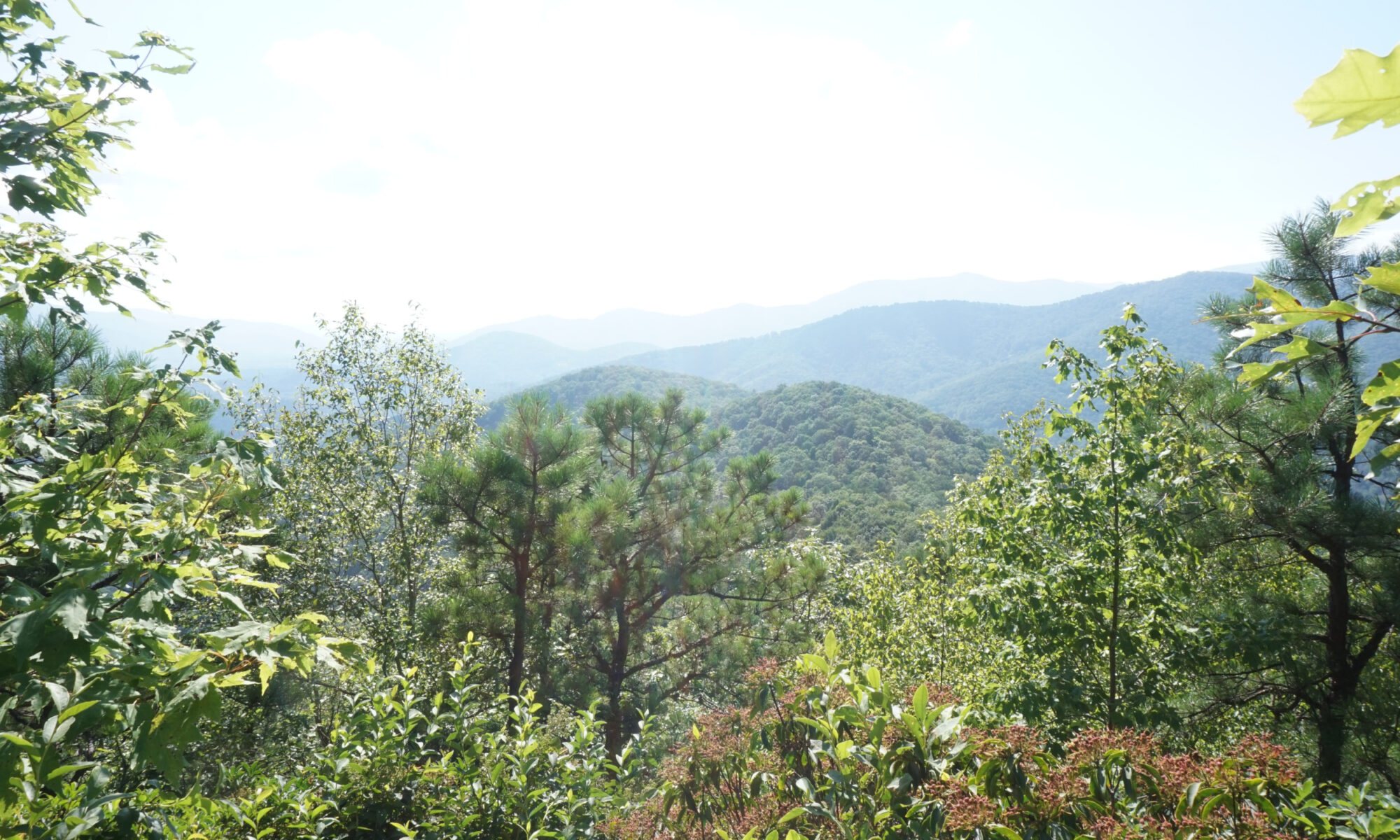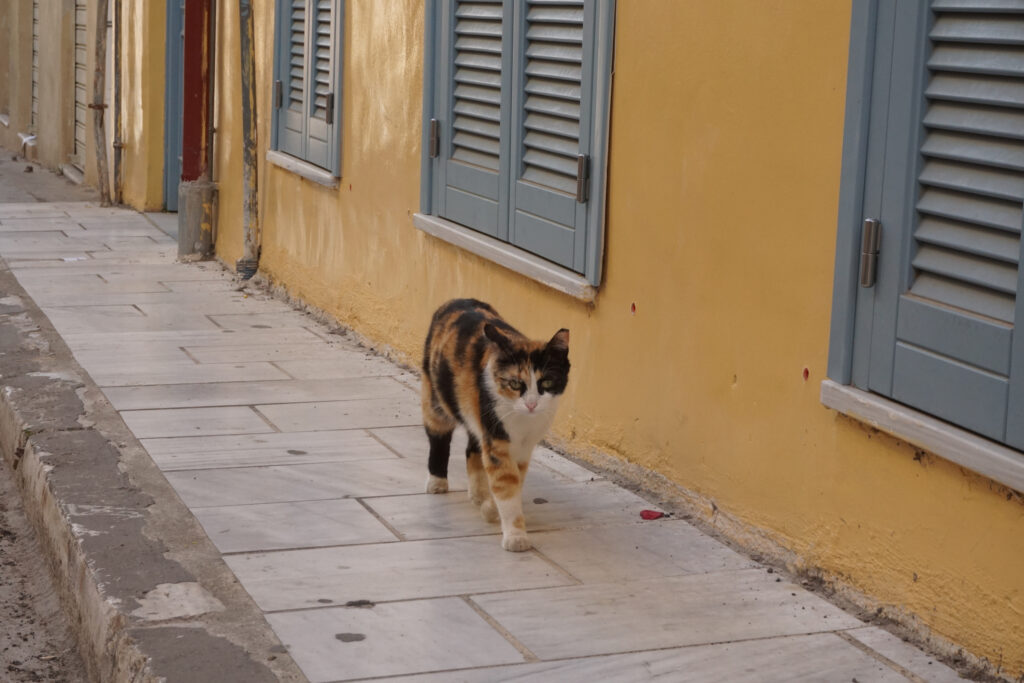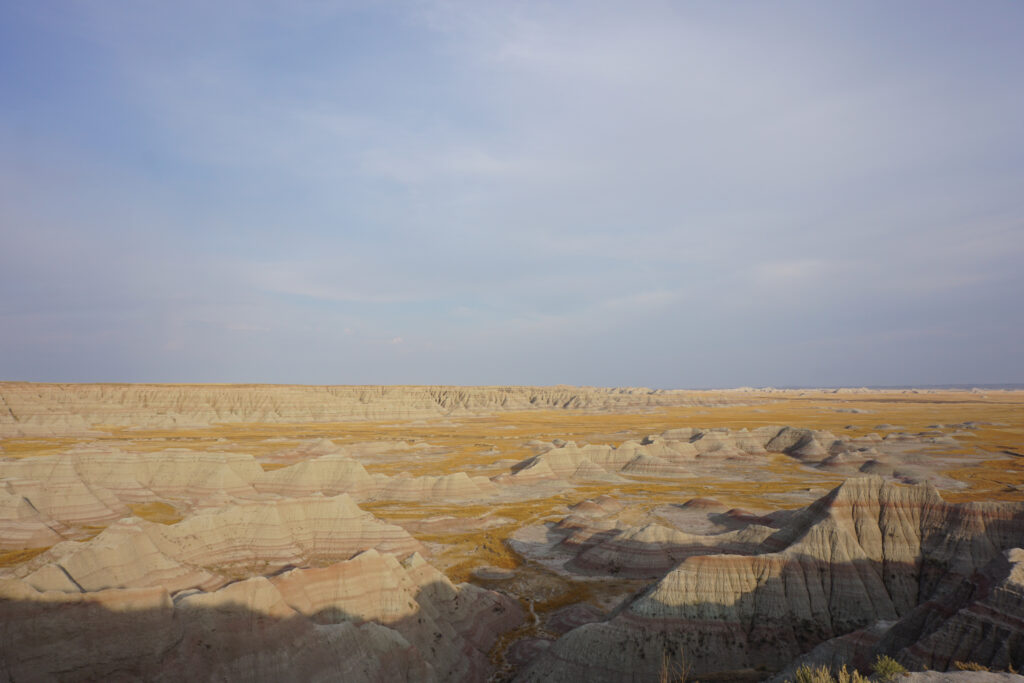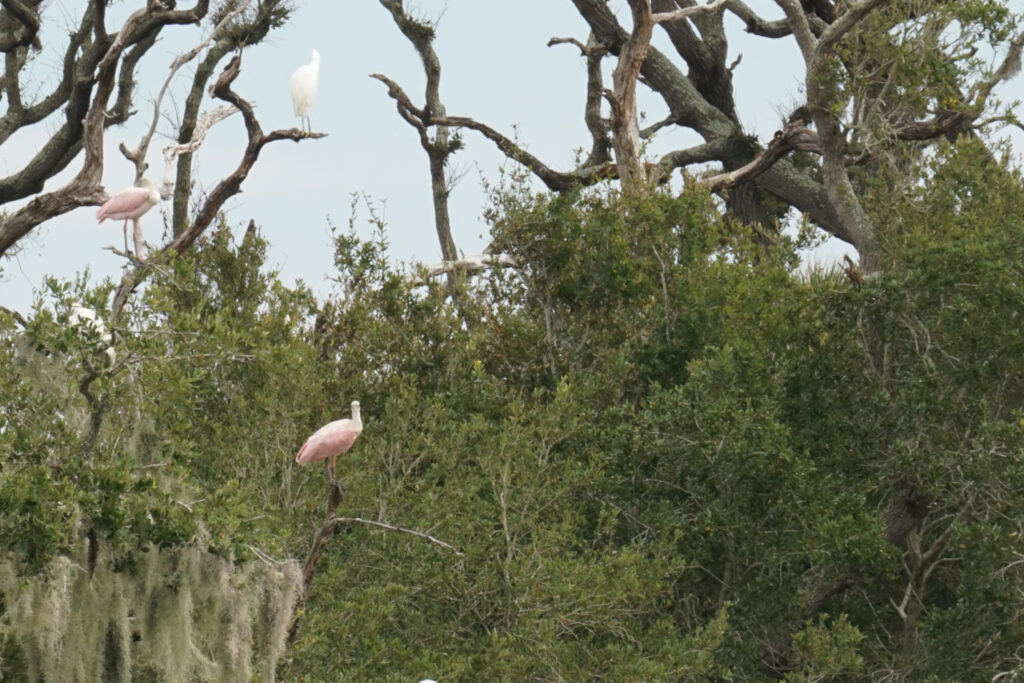Hebrews 10:23 (ESV)—Let us hold fast the confession of our hope without wavering, for he who promised is faithful.
I struggled with the Lookout Trail near Asheville. The stairs with 12-inch rises tested my muscular endurance, and the 623-feet elevation change in 1.4 miles strained the capacity of my lungs.
Still, I climbed upward and stopped, more than once, to catch my breath. All the while, my mind conjured the question, was the view at the top worth the struggle of climbing a mountain?
If I asked this question to the writer of Hebrews, the answer is yes, the struggle is absolutely worth it. The Christians in Hebrews wanted to cling to their old sacrificial system, which required repeat sacrifices, but they did not need to. Instead, to let go, they needed to remember the times their faith yielded joyfulness and compassion in the face of reproach.
In other words, our perseverance comes from remembering God’s faithfulness during our struggles. The memories color our future with strongly rooted trunks to help us ascend the path, and each step leads us closer to the panoramic view of “a better possession and an abiding one” (Hebrews 10:34).
With this reward and these memories in mind, we can walk with confidence along the difficult path because we know he’ll be faithful until the end.
